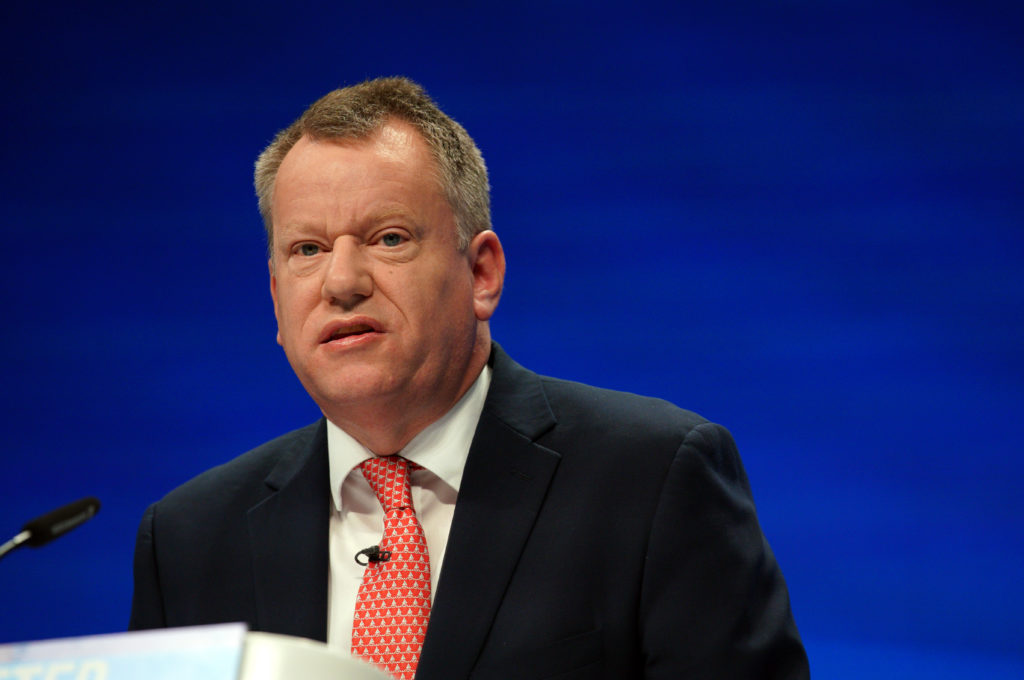Brexit minister Lord Frost said the European Union would be making a ‘historic misjudgement’ if it wasn’t prepared to make changes to the Northern Ireland Protocol.
It would be prioritising “EU internal processes over relieving turbulence in Northern Ireland”, he told diplomats on Tuesday while blasting the Protocol’s effect on the Good Friday Agreement.
He set out the UK’s new legal text for the Protocol, with the EU’s own proposals for a revised Protocol to be unveiled on Wednesday.
The UK’s proposals include changing the legal basis of the Protocol to that of a Treaty governed by international law, not EU law policed by the European Court of Justice. The current Protocol, he said, meant the EU could “make laws which apply in Northern Ireland without any kind of democratic scrutiny or discussion.”


Speaking in Lisbon, ahead of intensive talks later this month, the Brexit minister claimed that the “balance” created by the Good Friday Agreement “is being shredded by the way this Protocol is working”.
“The Northern Ireland Protocol is the biggest source of mistrust between us and for all kinds of reasons we need to fix this problem,” he added.
The Protocol was implemented to prevent a hard border between Northern Ireland and the Republic of Ireland in the wake of Brexit by keeping Northern Ireland in the EU’s single market for goods.
“The protocol is not working, it has completely lost consent in one community in Northern Ireland… it is doing the opposite of the thing it was set up to do, protect the Belfast Good Friday Agreement”.
Lord Frost also accused the EU for using Northern Ireland as a route to overturn the referendum result.
The Brexit minister said: “There’s a widespread feeling in the UK that the EU did try to use Northern Ireland to encourage UK political forces to reverse the referendum result, or at least to keep us closely aligned with EU.”
He emphasised that the UK-EU deadlock over the deal must be resolved so the western nations can cooperate against threats from China and Russia.
The UK and the EU “would have a chance to move forward to a new, and better, equilibrium,” he explained, if the bloc would accept that the European Court of Justice must be removed from its oversight role.
He said Brexit was a “democratic project” and argued that it meant the UK no longer had an interest in coalition-building across the EU to reform its rules, despite having a strong interest in the prosperity of EU member-states.
He claimed that leaving the EU offered “genuine competition”, which he described as the historic precondition to innovation.
He also reaffirmed his comments made to the House of Lords in September, in which he said that it would be a “significant mistake” to assume the UK would not trigger Article 16 – the part of the Northern Ireland Protocol which permits elements of the deal being temporarily suspended if they are evidenced to be causing “serious economic, societal or environmental difficulties that are liable to persist, or to diversion of trade.”
Last week it was reported that the European Commission would offer an exception to the Protocol which would permit “national identity goods” such as sausage to enter the region, despite general EU rules restricting chilled meats from non-EU countries.
Maros Sefcovic, the European Commission Vice-President, is expected to set out the bloc’s proposals tomorrow.












